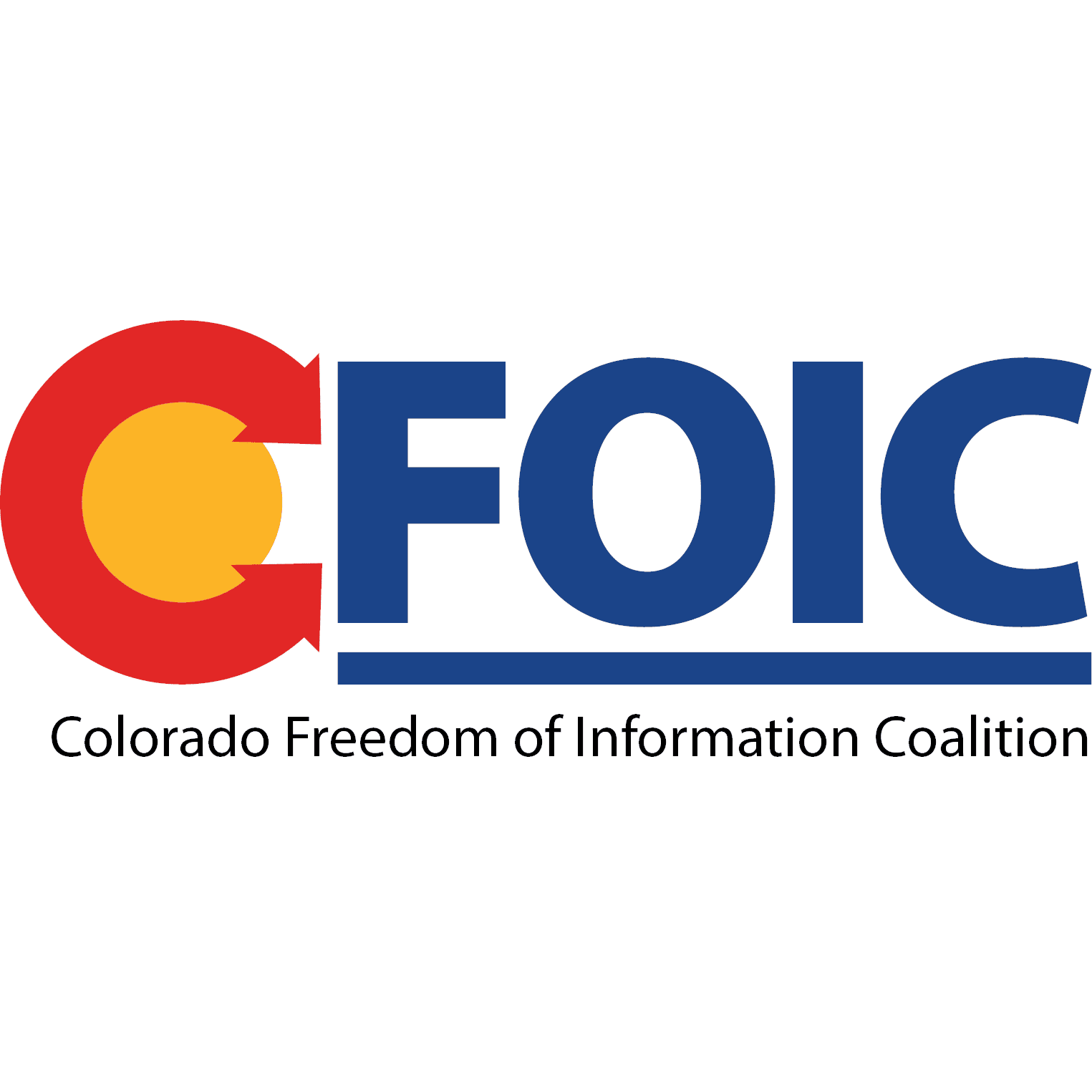The Colorado Court of Appeals last week reversed a judge’s findings that emails protected from disclosure by the attorney-client and deliberative process privileges are nonetheless available to a “person in interest” under the Colorado Open Records Act.
A three-judge appellate panel wrote that CORA’s plain language does not compel the release of privileged records to someone who is mentioned in the records, contrary to rulings by Larimer County District Court Judge Gregory Lammons concerning emails exchanged among Loveland city officials that discussed a former city paralegal.
The district court’s interpretation “leads to an absurd result,” the Court of Appeals concluded.
The published opinion pertains to two CORA exemptions. One requires records custodians to deny requests for government records containing “privileged information,” which the Colorado Supreme Court has said includes attorney-client privileged information. The other concerns the deliberative process privilege, which the legislature codified in the open records law following a 1998 Colorado Supreme Court ruling.
If deliberative process is asserted to withhold records, the government is claiming that the “material is so candid or personal that public disclosure is likely to stifle honest and frank discussion within the government.” When invoking this exemption, the records custodian must produce an affidavit “specifically describing each document withheld, explaining why each such document is privileged, and why disclosure would cause substantial injury to the public interest.”

